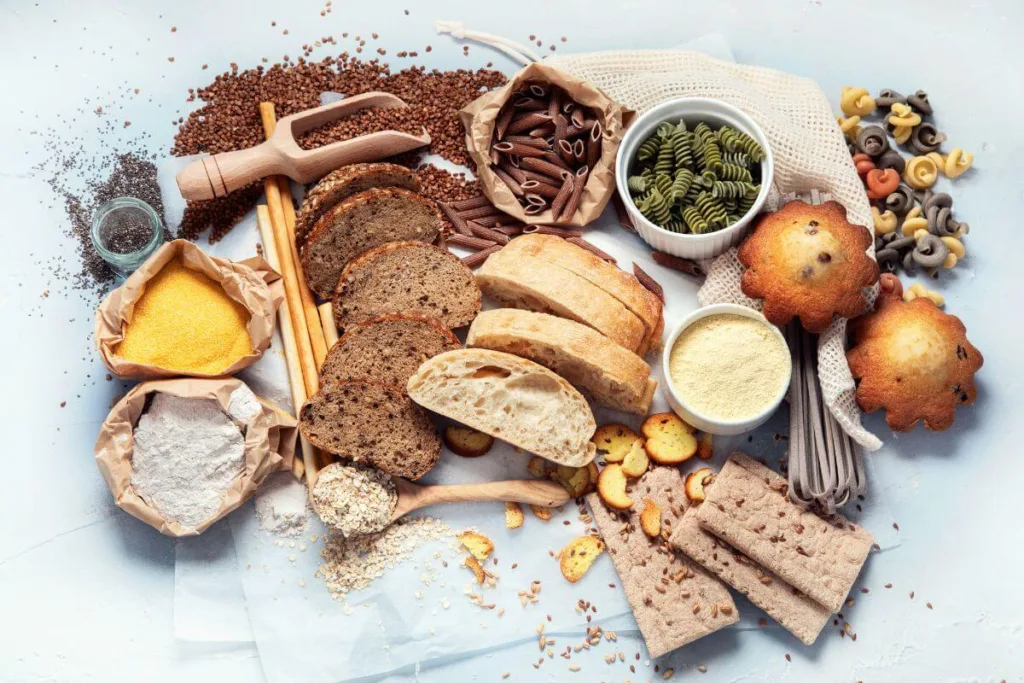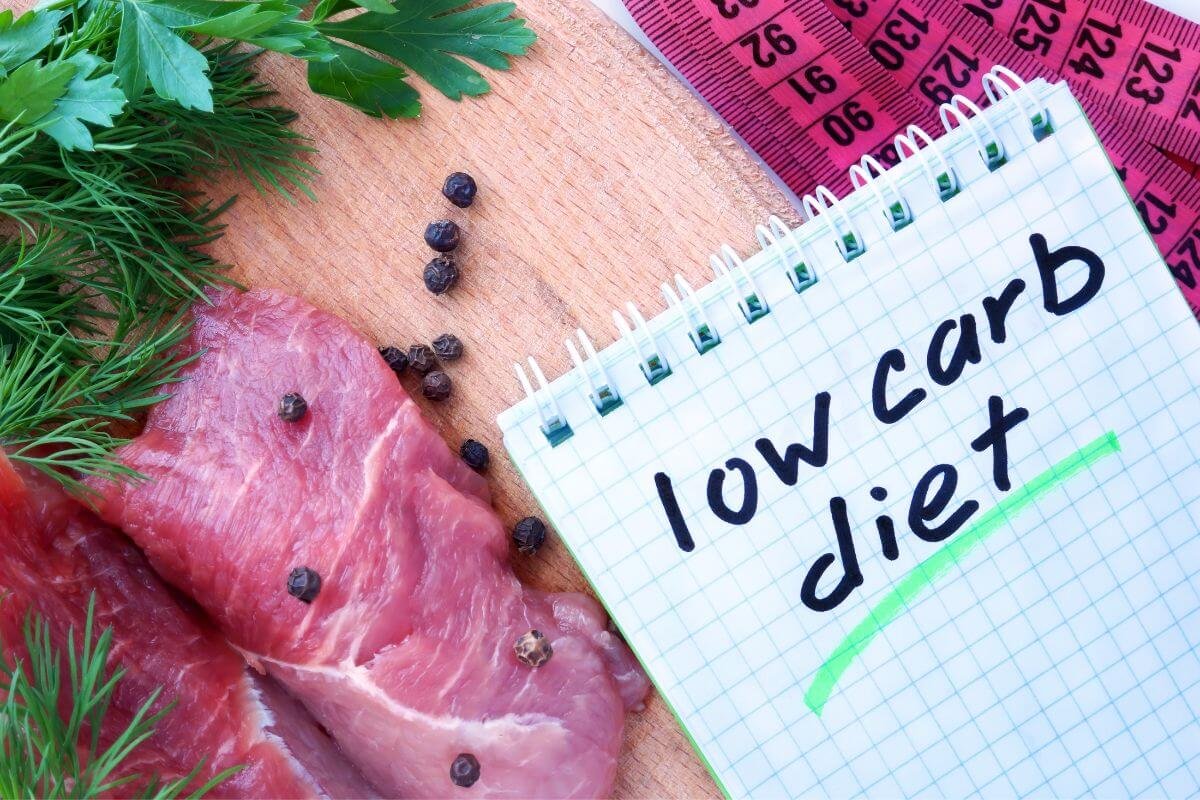Table of Contents
Introduction
Welcome to the ultimate guide for the health-conscious individual seeking to embrace a low-carb diet. In this comprehensive blog post, we will dive into the fascinating world of low-carb diet food, guiding you on how to optimize your health, shed unwanted pounds, and take control of your well-being.
Click Here to Get Your custom diet plan
What is a Low Carb Diet?

A low-carb diet, also known as a low-carbohydrate diet, focuses on reducing the consumption of carbohydrates while emphasizing protein, healthy fats, and fiber-rich foods. By limiting the intake of high-carb foods such as bread, pasta, rice, and sugary treats, individuals on a low-carb diet aim to stabilize blood sugar levels, promote fat burning, and improve overall health.
Benefits of a Low-Carb Diet
Weight Loss
When it comes to shedding excess weight, a low-carb diet has been proven highly effective. By reducing carb intake, the body is forced to tap into its fat stores for energy, resulting in consistent weight loss. Moreover, studies have shown that a low-carb diet reduces appetite, helping individuals consume fewer calories overall.
Improved Blood Sugar Control
For those struggling with diabetes or insulin resistance, a low-carb diet can be life-changing. By reducing carbohydrate intake, blood sugar levels stabilize, reducing the need for insulin and minimizing the risk of blood sugar spikes.
Increased Energy Levels
One of the remarkable benefits of a low-carb diet is the surge of sustained energy it provides. By transitioning from carb-dependency to fat-burning mode, individuals experience increased mental clarity, reduced brain fog, and steady energy levels throughout the day.
Reduced Risk of Chronic Diseases
Scientific literature supports the notion that a low-carb diet can lower the risk of chronic diseases such as heart disease, metabolic syndrome, and certain types of cancer. By decreasing carb intake and focusing on nutrient-dense foods, individuals can take proactive steps towards preventing these debilitating conditions.
Understanding Carbohydrates
Before we explore the world of low-carb diet food, it’s crucial to understand carbohydrates.
Types of Carbohydrates
Carbohydrates are classified into two categories: simple carbohydrates and complex carbohydrates. Simple carbohydrates are composed of one or two sugar molecules and are quickly digested, leading to a rapid spike in blood sugar levels. On the other hand, complex carbohydrates are made up of long chains of sugar molecules, taking longer to break down and providing sustained energy.
How Carbohydrates Affect Your Body
When carbohydrates are consumed, they are broken down into glucose, which is the primary source of energy for the body. However, excessive carb consumption can lead to elevated blood sugar levels, causing weight gain and insulin resistance over time. By shifting to a low-carb diet, you can maintain stable blood sugar levels and harness your body’s natural fat-burning capabilities.
Glycemic Index and Glycemic Load
The glycemic index (GI) is a scale that ranks carbohydrates based on their impact on blood sugar levels. Foods with a high GI value cause a rapid increase in blood sugar, while low GI foods are digested slowly, creating a more gradual rise. The glycemic load (GL), on the other hand, takes into account both the GI and the carbohydrate content of a specific serving size. By choosing foods with a low GI and GL, you can maintain stable blood sugar levels and support your low-carb lifestyle.
Incorporating Low-Carb Foods into Your Diet
Now that we have a solid foundation on low-carb diets and carbohydrates, let’s explore the various types of low-carb foods you can enjoy.
Low-Carb Vegetables and Their Benefits
Vegetables are an essential part of any healthy diet, and fortunately, there are plenty of low-carb options to choose from. Incorporating low-carb vegetables into your meals provides essential vitamins, minerals, and fiber while keeping you satiated. Examples of low-carb vegetables include spinach, broccoli, asparagus, cauliflower, zucchini, and kale.
Protein-Rich Diet Options
Protein is a crucial macronutrient that supports muscle growth, tissue repair, and overall health. Incorporating protein-rich foods into your low-carb diet ensures that you feel satisfied and full for longer periods. Opt for lean meats such as chicken, turkey, and fish, and consider incorporating plant-based protein sources like tofu, legumes, and tempeh.
Healthy Fats and Oils
Contrary to popular belief, not all fats are created equal. Healthy fats play a vital role in a low-carb diet by providing a source of energy and aiding in nutrient absorption. Avocados, nuts and seeds, coconut oil, olive oil, and grass-fed butter are excellent choices for incorporating healthy fats into your meals.
Smart Snacking with Low-Carb Choices
Even on a low-carb diet, snacks can still be enjoyed. However, it’s crucial to opt for low-carb alternatives that won’t derail your progress. Some smart low-carb snack options include hard-boiled eggs, cheese, Greek yogurt, vegetables with hummus, and nut butter.
Continue reading in the next thread.




